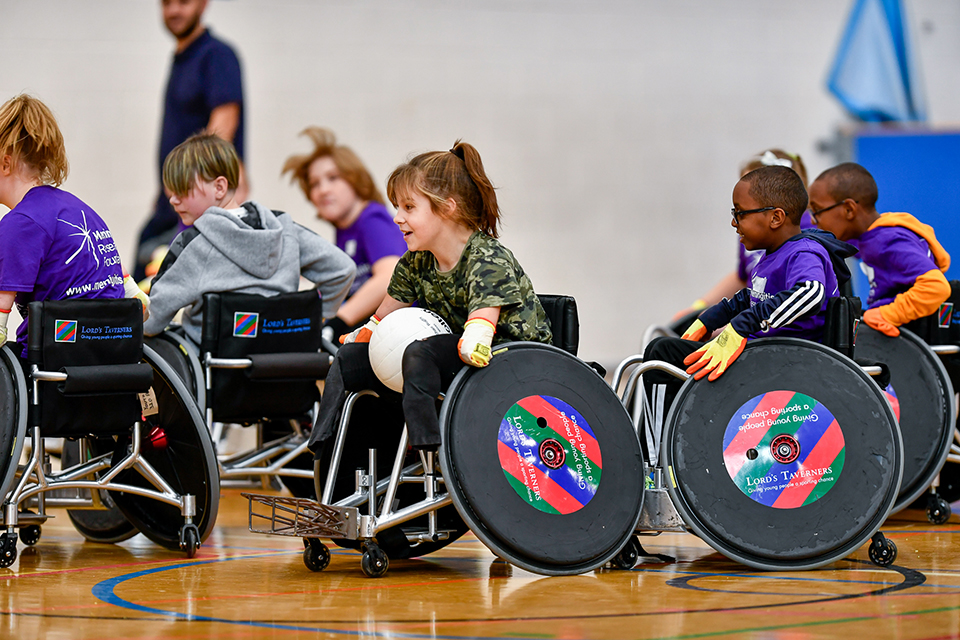It can be incredibly difficult to support a child when you are dealing with your own grief. It is important that you reach out for support. Dedicated rief counselling support services can help.
Limb loss
Every 2 years, we hold an event called ‘
Pushing The Boundaries: Life After Limb Loss’, where we invite families to come together following the devastating effects of a child living with limb loss. For some it is the first time that a sibling of the child has seen other children like their brother or sister, and this helps reduce a feeling of being ‘different’, or isolated. We also discuss the medical, financial and practical problems that can affect a family. Moving home, not being able to do the things that you once did as a family, and the care that a child now needs, can affect not only the child but their siblings.
We understand this and we can help.

Brain injury and mental health changes
When a child is poorly with meningitis, the infection can cause lasting damage to the brain. Your child may have been diagnosed with an acquired brain injury, or awaiting neurological tests for this. Bringing a child home from hospital that has a brain injury can be extremely traumatic for the whole family. They may react to things differently, need extra care, and they may not be able to converse in the way they did, or laugh and play in the same way. This may not only affect the child themselves, but also their siblings who used to enjoy their brother or sisters sense of humour, or play times.
As a family this can be challenging, but as time progresses and families adapt, it is important to remember that their new behaviours and capabilities will once again fit in to the family roles as they did before.